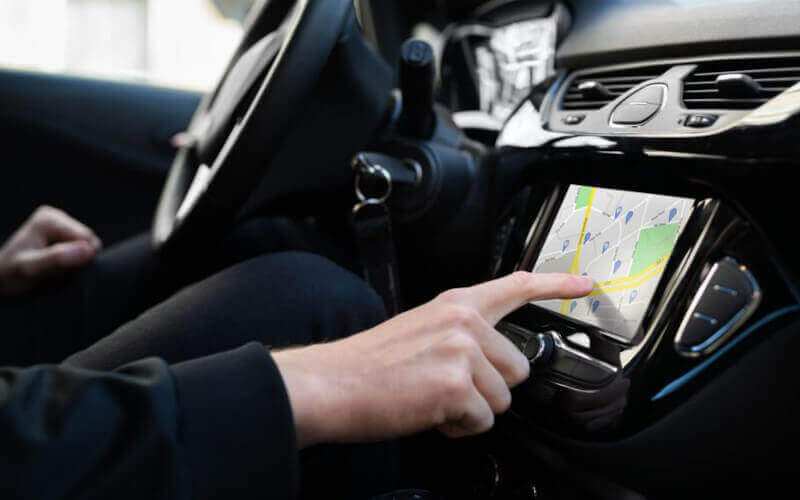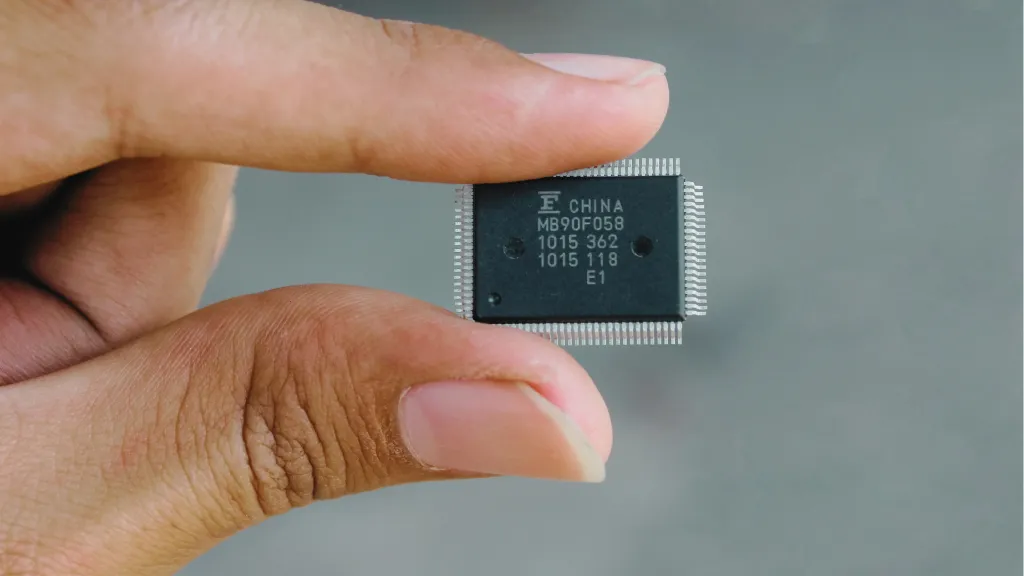If you’ve ever used a smartphone or a car navigation system, chances are you’ve used GPS technology without realizing it. GPS, or Global Positioning System, has become integral to our daily lives, providing accurate and real-time information about our location and directions.
But like any technology, GPS has its advantages and disadvantages. In this article, I’ll discuss the pros and cons of GPS so you can better understand what it is and how it can impact your life.
Advantages of GPS
One of the major advantages of GPS is improved navigation. With GPS, I can easily find my way around new places without worrying about getting lost. It’s handy when driving in unfamiliar territories or trying to find a specific address in a crowded city.
Another advantage of GPS is efficient fleet management. Companies that rely on transportation can use GPS to track their vehicles and optimize their routes, reducing fuel consumption and improving delivery times. This saves money, helps reduce carbon emissions, and contributes to a cleaner environment.
GPS is also crucial in emergency response situations. It can help emergency services locate people in distress, such as hikers lost in the wilderness or victims of natural disasters. This quick and accurate information can make all the difference in saving lives.
Location-based services are another advantage of GPS. Many apps and services use GPS data to provide personalized and relevant information based on our location. For example, I can use my phone to find nearby restaurants, gas stations, and other businesses without manually searching for them.
Lastly, GPS allows us to geotag photos and videos. This means I can easily track where and when I took a photo, which is especially useful when traveling or documenting an event.
All in all, GPS has many advantages that make our lives easier and more convenient.
Disadvantages of GPS
As much as I love GPS, there are also some disadvantages. One of the main drawbacks is that we can become overly dependent on it. When we rely on GPS for navigation, we may not develop our sense of direction or pay attention to our surroundings. This can be a problem if we ever find ourselves in a situation where GPS isn’t available or accurate.
Another disadvantage of GPS is signal interference. Buildings, trees, and other obstacles can disrupt the GPS signal, leading to inaccurate location data. This can be frustrating if we’re trying to get somewhere quickly or relying on GPS for safety reasons.
Privacy concerns are also a potential issue with GPS. Since GPS tracks our location data, there are concerns that this information can be misused or exploited. For example, companies may use GPS data to target us with personalized ads, or governments may use it for surveillance.
Lastly, GPS can be inaccurate at times. This is especially true in areas with poor satellite coverage, such as deep valleys or dense forests. Inaccurate GPS data can lead to misdirection, which can be problematic if we rely on it for important decisions.
While GPS has many advantages, knowing the potential drawbacks is important. By understanding GPS’s pros and cons, we can use this technology more responsibly and make informed decisions about when and how to use it.
Comparison of Advantages and Disadvantages
Regarding the advantages and disadvantages of GPS, it’s important to weigh them against each other to see how they balance out.
On the one hand, the advantages of GPS are clear. It makes navigation easier and more efficient, helps with emergency response, and provides valuable location-based services. It can also improve fleet management and help us keep track of our travels through geotagging.
However, the disadvantages of GPS cannot be ignored. We may become overly dependent on it, leading to a lack of self-reliance and situational awareness. There are also concerns about privacy and the potential for misuse of location data. Signal interference and inaccurate data can also be frustrating and potentially dangerous.
Overall, it’s important to recognize that GPS is a powerful technology that can benefit us in many ways but has limitations and drawbacks. It’s up to us as users to make responsible decisions about how and when we use GPS and to be aware of its potential impacts on our lives.
By understanding the advantages and disadvantages of GPS, we can make informed decisions and use this technology to our advantage while minimizing its negative effects.
Applications of GPS
Aviation
GPS is used in aviation for navigation, flight planning, and to aid in landing procedures. It provides pilots with accurate location data, allowing them to plan their routes more efficiently and avoid potential hazards such as storms or other aircraft.
Farming
GPS is used in precision agriculture to help farmers improve crop yields and optimize their use of resources such as water and fertilizer. It can map fields, monitor crop growth, and apply inputs such as pesticides and fertilizers more accurately and efficiently.
Marine
In the marine industry, GPS is used for navigation, safety, and fish tracking. It can help ships and boats navigate complex waterways and avoid hazards such as rocks and reefs. It can also help fishermen locate schools of fish and track their movements.
Market Share
In the business world, GPS technology is used for various purposes, including asset tracking, logistics management, and location-based marketing. It can help companies track their inventory, optimize their supply chains, and target customers with personalized ads based on location.
Military
GPS is used extensively in military applications for navigation, surveillance, and target tracking. It allows military personnel to navigate unfamiliar terrain and locate targets more accurately, improving mission success rates and reducing the risk of friendly fire incidents.
Science
GPS is used in scientific research for various applications, including tracking animal movements, studying climate change, and monitoring the Earth’s surface. It can be used to track the movements of animals, such as migratory birds or sea turtles, and to study the effects of climate change on ecosystems.
GPS technology has various applications in various industries, improving efficiency, safety, and productivity. As technology continues to evolve, we can expect to see even more innovative uses of GPS in the future.
Conclusion
While this technology can be beneficial for navigating, tracking, and managing transportation, it’s also important to know its limitations and potential drawbacks.
As we’ve discussed, GPS can help us find our way around new places, optimize our travel routes, and locate people needing emergency assistance. However, we should also be mindful of our dependence on GPS and the potential for signal interference and inaccuracies.
We must use GPS responsibly and make informed decisions about when and how to use it. By understanding the advantages and disadvantages of GPS, we can make the most of this technology while minimizing its negative impacts.






